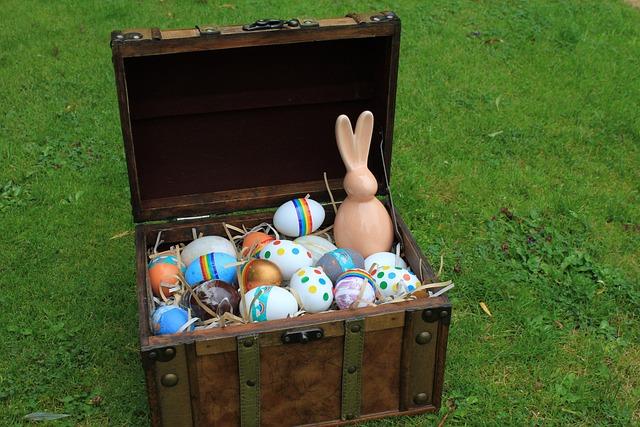
Keeping chickens can be a rewarding experience, whether you’re raising them for eggs or meat. However, it’s important to provide your flock with a comfortable and safe environment, including proper nesting boxes. The right nesting boxes can help your hens feel secure and protected, leading to higher egg production and healthier birds. In this article, we’ll discuss the factors you need to consider when choosing the right chicken nesting boxes for your flock.
1. Size and Space
The first thing to consider when choosing nesting boxes is the size and space available. Each hen should have enough space to comfortably lay her eggs without feeling crowded. A good rule of thumb is to provide one nesting box for every four to five hens. This ensures that there are enough boxes for all the hens to use, reducing competition and stress during egg-laying.
Additionally, the size of the nesting boxes is important. A standard size for a nesting box is around 12×12 inches, with a height of 12-18 inches. This provides enough space for a hen to comfortably enter, turn around, and lay her eggs without feeling cramped.
2. Durability and Maintenance
Another important factor to consider is the durability and maintenance of the nesting boxes. Choose nesting boxes that are made of sturdy, high-quality materials such as wood or plastic. These materials are easy to clean and maintain, and they provide a comfortable environment for your hens.
Additionally, consider the design of the nesting boxes. Look for boxes that have smooth, rounded edges to prevent injury to your hens. Easy-to-clean surfaces and removable nest bottoms are also ideal for keeping the nesting boxes clean and hygienic.
3. Ventilation and Insulation
Proper ventilation and insulation are important for creating a comfortable environment for your hens. Choose nesting boxes that provide adequate ventilation to prevent the buildup of moisture and humidity, which can lead to mold and bacteria growth.
Insulation is also important, especially if you live in a colder climate. Look for nesting boxes that provide some level of insulation to keep your hens warm and comfortable during the colder months. This can help prevent egg freezing and keep your hens healthy and productive year-round.
4. Accessibility
Ease of access is another important consideration when choosing nesting boxes for your flock. You want to make sure that the nesting boxes are easily accessible for both your hens and yourself. Look for boxes that have a hinged roof or removable lid for easy access to the eggs and for cleaning.
Additionally, consider the height of the nesting boxes. They should be placed at a comfortable height for your hens to enter and exit without difficulty. This can help prevent injuries and encourage your hens to use the nesting boxes regularly.
5. Nesting Material
Providing the right nesting material is also important for creating a comfortable and inviting environment for your hens. Consider using soft, clean bedding such as straw, shredded paper, or pine shavings to line the nesting boxes. This provides a comfortable and secure place for your hens to lay their eggs, as well as insulation and cushioning for the eggs.
Avoid using materials that are too slippery or hard, as they can lead to cracked or broken eggs. Additionally, make sure to keep the nesting material clean and dry to prevent the buildup of bacteria and pests.
6. Number of Compartments
The number of compartments in the nesting boxes is also an important consideration. While traditional single-compartment nesting boxes are suitable for most small flocks, larger flocks may benefit from multi-compartment nesting boxes. These allow several hens to lay their eggs simultaneously without competing for space, which can help reduce stress and encourage more consistent egg production.
In addition to providing multiple compartments, consider the placement of the nesting boxes. They should be located in a quiet, secluded area away from the main flock to provide a sense of privacy and security for your hens.
7. Budget and Longevity
Finally, consider your budget and the longevity of the nesting boxes. While it’s important to invest in high-quality nesting boxes, it’s also important to consider your budget and the long-term value of the boxes. Look for nesting boxes that are durable and built to last, with a solid warranty and good customer reviews.
Additionally, consider the ongoing maintenance and replacement costs of the nesting boxes. It’s important to choose boxes that are easy to clean and maintain, and that can withstand the wear and tear of daily use by your flock.
In conclusion, choosing the right nesting boxes for your flock is an important decision that can affect the health and productivity of your hens. By considering factors such as size and space, durability and maintenance, ventilation and insulation, accessibility, nesting material, number of compartments, and budget and longevity, you can ensure that your hens have a comfortable and safe environment to lay their eggs. With the right nesting boxes, you can encourage higher egg production, healthier hens, and a more enjoyable experience raising chickens.

















